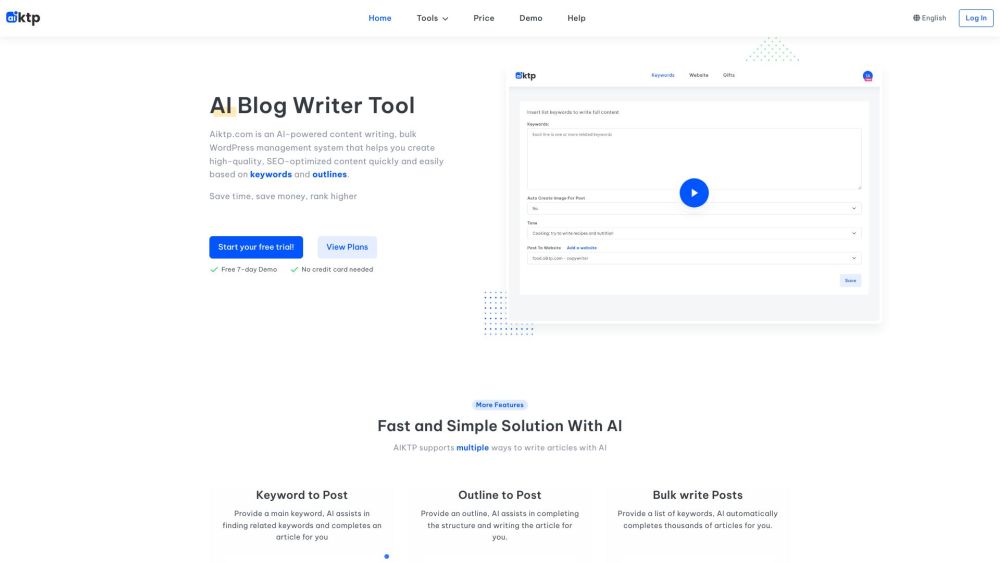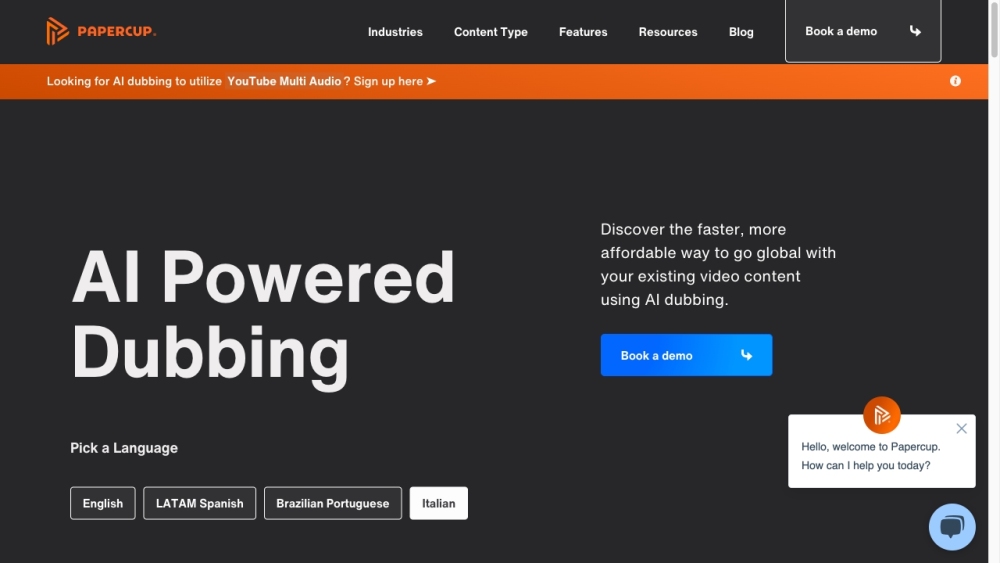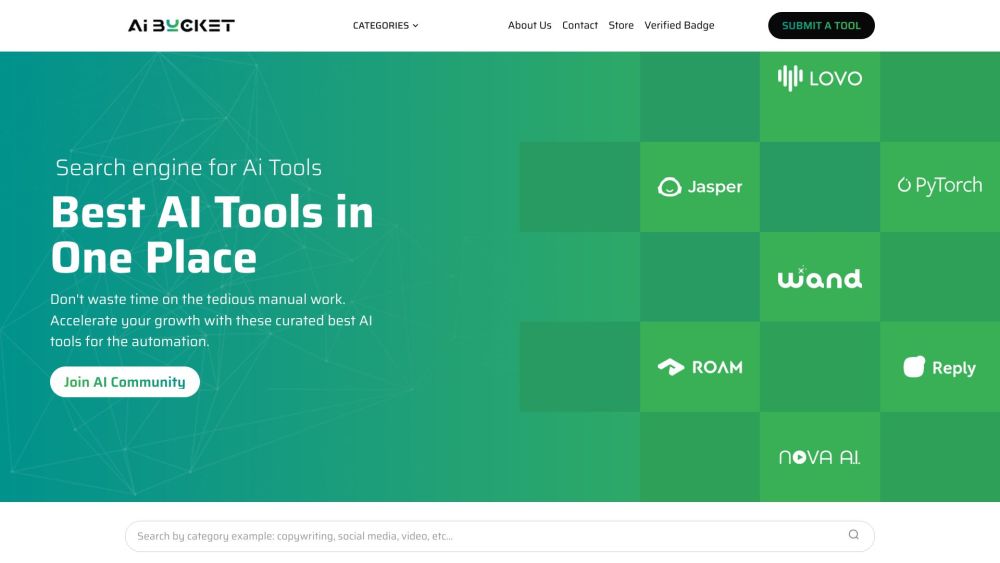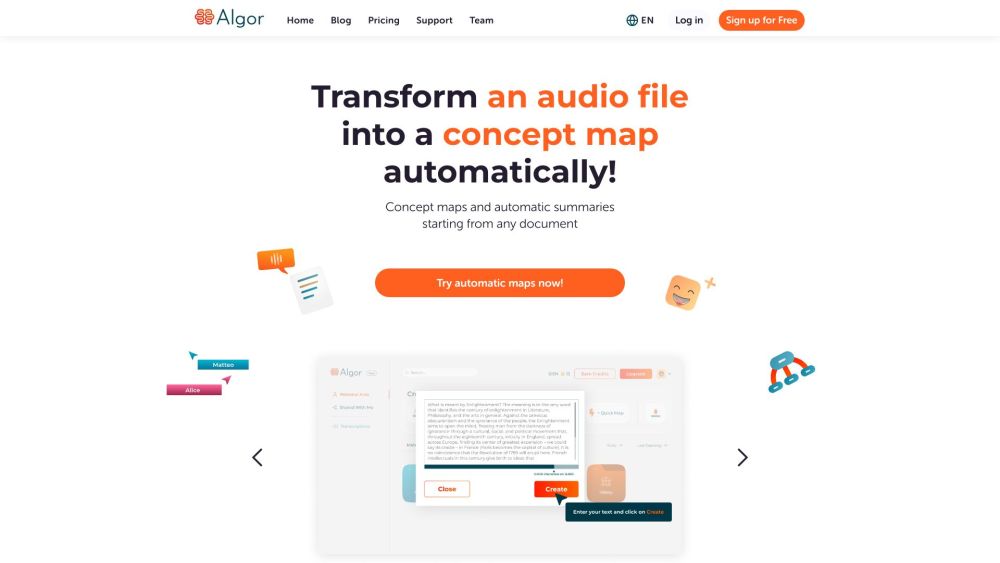The Washington Post is introducing a climate-focused AI chatbot on its homepage, app, and articles. Named Climate Answers, this innovative tool leverages the outlet's extensive reporting to address questions about climate change, environmental issues, sustainable energy, and more. Users can ask questions like, “Should I get solar panels for my home?” or “Where in the US are sea levels rising the fastest?” The chatbot generates concise responses based on the information it has been trained on, drawing from articles in The Washington Post's climate section dating back to 2016.
Vineet Khosla, The Washington Post’s chief technology officer, emphasized the value of the outlet's original reporting during an interview, stating, “Somewhere in the years and years of the data-rich reporting we have done, there is an answer buried in one of the things we have written.” Each response from Climate Answers includes links to the relevant articles and snippets from which the information was derived. The chatbot is built on a large language model from OpenAI, while The Washington Post also explores models from Mistral and Meta’s Llama.
Khosla addressed concerns about misinformation, assuring that Climate Answers will refrain from providing responses when accurate information is unavailable. “If we don’t know the answer, I’d rather say ‘I don’t know’ than make up an answer,” he explained. The team plans to assess the tool's effectiveness once it launches.
Other news organizations are similarly harnessing their archives for AI chatbots; for instance, the Financial Times began testing Ask FT in March, allowing subscribers to inquire about topics related to its reporting. Other publishers like News Corp, Axel Springer, and Dotdash Meredith are also forming licensing partnerships with OpenAI.
The Washington Post has been progressively expanding its use of AI. According to Khosla, the outlet has already implemented AI-powered summaries for some articles. Although Climate Answers currently focuses on climate-related inquiries, Khosla anticipates future expansions into other subjects covered by The Washington Post. “We absolutely expect this experiment to extend and scale to everything The Washington Post does,” he concluded.





